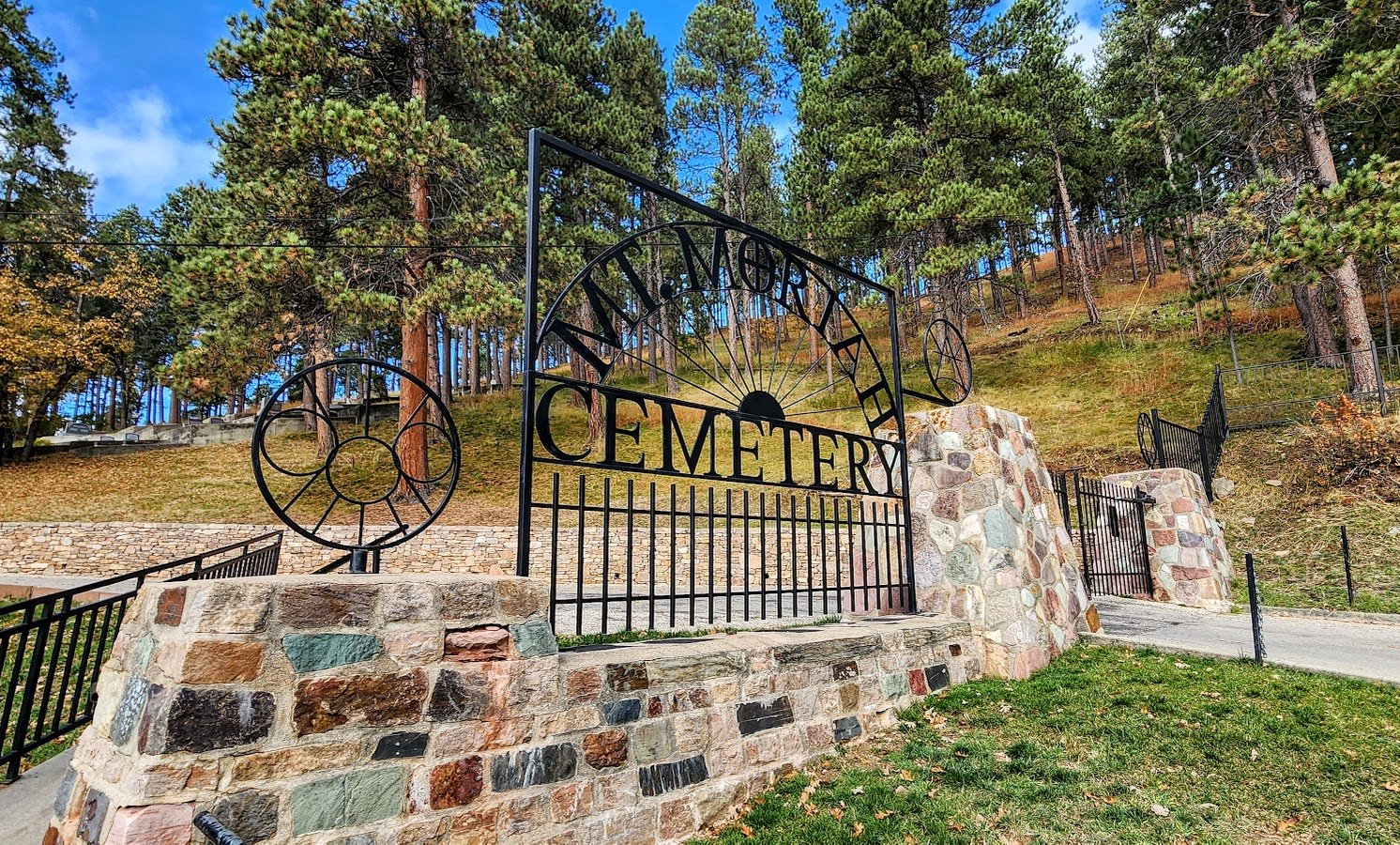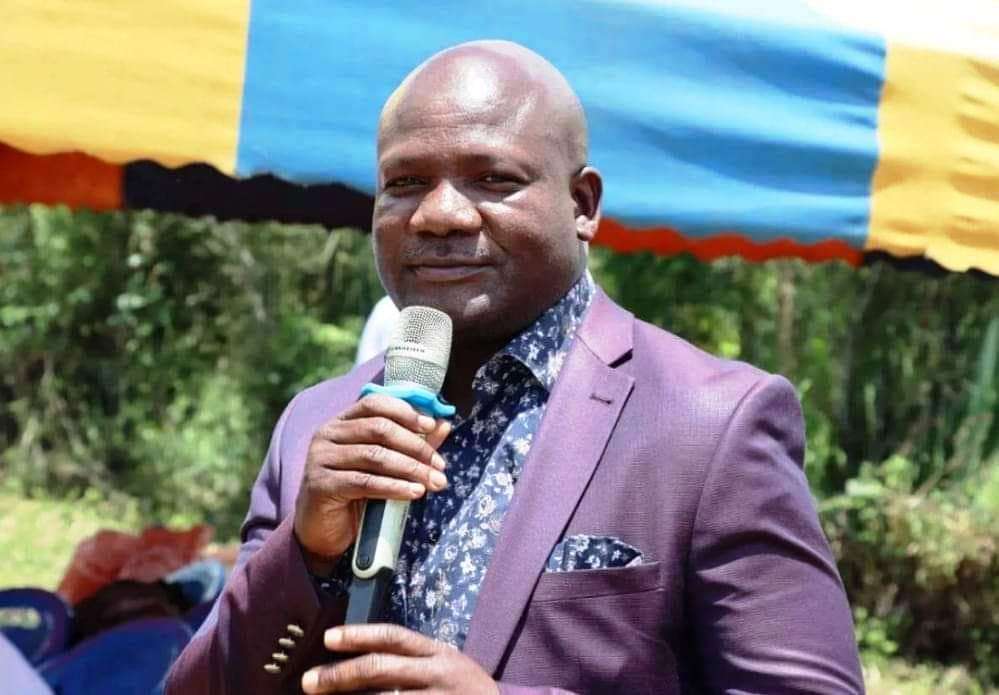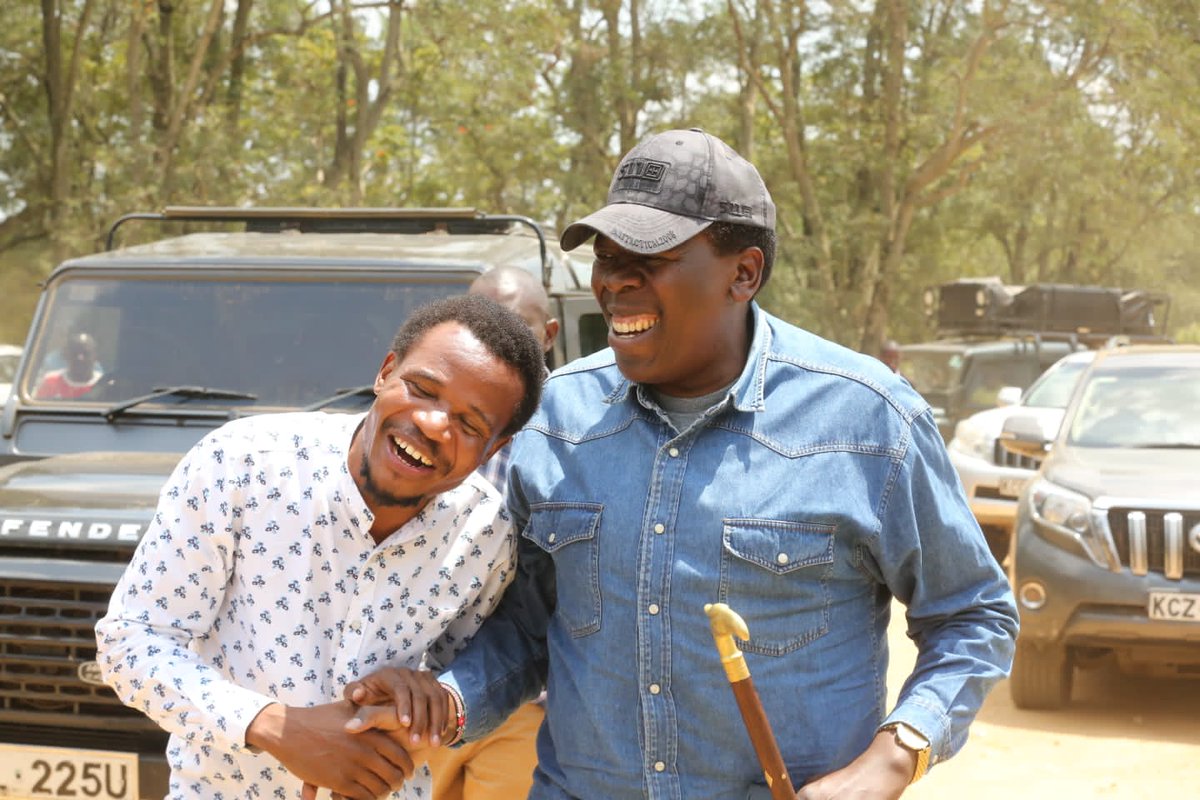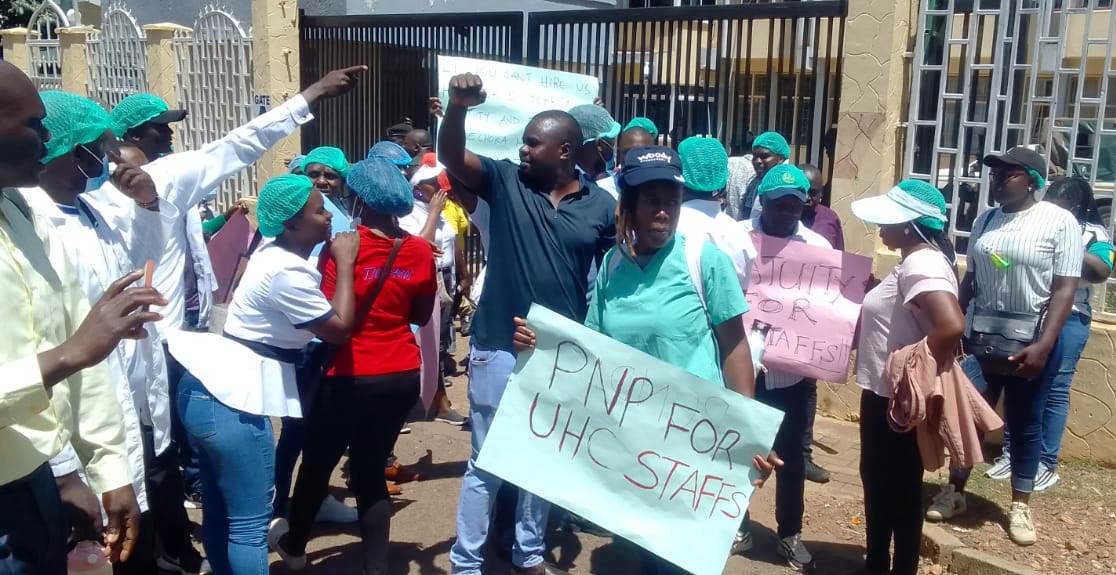By Mdadisi Mmoja
By all accounts, Lang’ata Cemetery is in distress. The Ministry of Health has labelled it overcrowded, poorly maintained, and a public health hazard. Yet one question remains unanswered: Where do Ministry of Health officials expect Nairobi residents to bury their loved ones if Lang’ata is closed?
Public Health Principal Secretary Mary Muthoni has highlighted the risks of overcrowding, environmental pollution, and criminal activity. These are legitimate concerns. But has anyone asked: Can a public cemetery be closed in a city of over five million without first securing a viable alternative?
Dr. Tom Nyakaba, Nairobi’s Chief Officer for Public Health, has rightly defended the county’s position. He noted that burial sites fall under the county’s mandate. If the Ministry wants the site closed, shouldn’t it first collaborate with the county to offer a solution rather than just a diagnosis?
We are told a task force will be formed. Fine. But shouldn’t it begin by engaging residents, religious leaders, and funeral service providers to address the deep-rooted issue of burial space in Nairobi and ensure public participation?
Then there’s the matter of land. The Ministry wants the county to reclaim a five-acre parcel adjacent to the cemetery, reportedly grabbed and converted into residential plots. But who took it, and why is this demand arising only now? If the land was intended for cemetery expansion, why wasn’t it protected in the early 2000s when space concerns first emerged?
Let’s also consider the dignity of the deceased and their families. If the cemetery closes, what happens to grieving families? Should they be left to scramble for private cemeteries, if they can afford them, or forced to seek options outside the city?
This conversation cannot be reduced to bureaucratic disputes or sensational headlines. It must be grounded in practical, humane solutions. The death of a loved one is already a devastating ordeal, and confusion over burial arrangements further deepens the trauma.
To those advocating the closure of Lang’ata Cemetery, we ask: What is your plan? Where will the dead be buried? More importantly, how can you demand closure without securing land for a new site? Until these questions are answered with clarity and compassion, calls to shut down Lang’ata Cemetery remain both premature and irresponsible.





